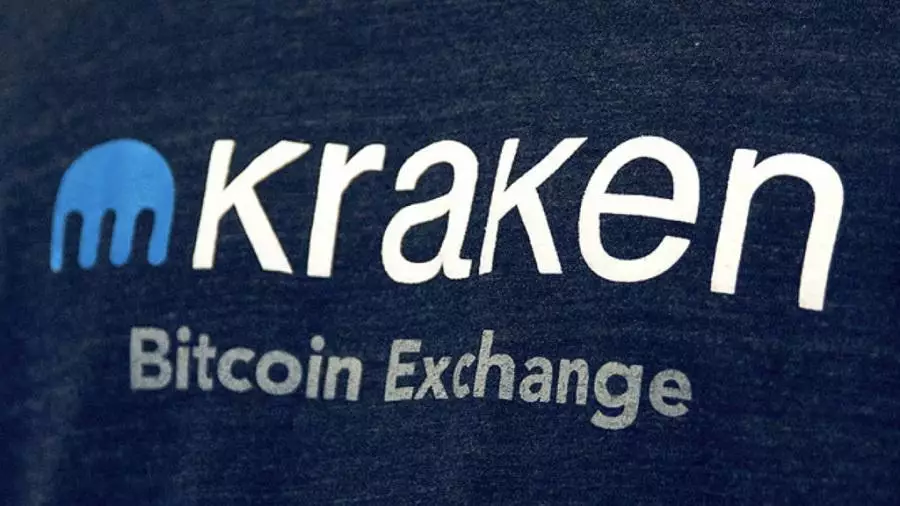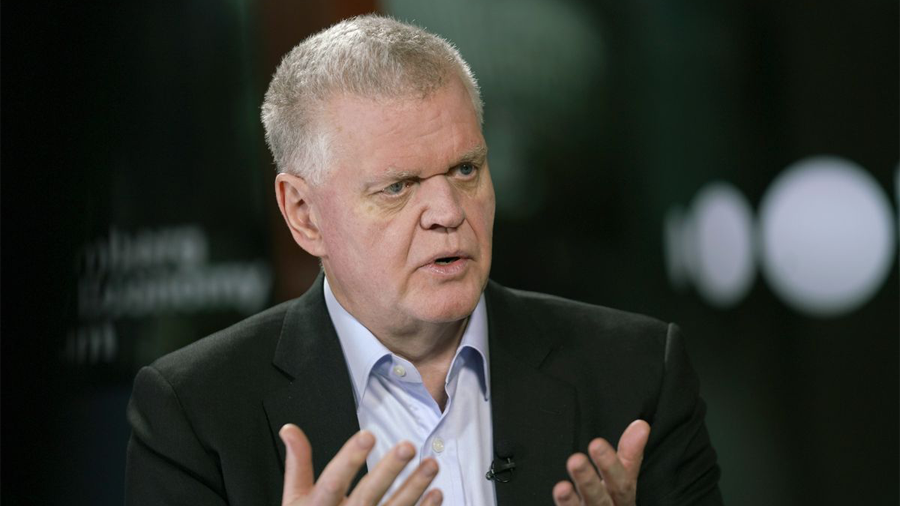This Saturday (28), World Menstrual Dignity Day is celebrated, a date created to draw attention to public actions and policies that can guarantee hygiene items to people who menstruate.
According to a survey carried out by the United Nations Children’s Fund (Unicef), with data from the National Health Survey, from 2013 to 2018, more than 4 million girls, aged between 10 and 19, do not have access to minimum items of care. menstrual cycles in schools in Brazil. The Brazilian population in this age group is 15.5 million adolescents, according to the survey.
The document also showed that 200,000 girls do not have the minimum conditions to take care of menstruation in the school environment and 713,000 live without access to a bathroom or shower at home in Brazil.
The so-called menstrual poverty is characterized by the lack of access to resources, infrastructure and even knowledge on the part of people who menstruate for care involving menstruation itself.
According to Unicef, 62% of those who responded to the questions said they have stopped going to school or some other place they like because of menstruation, and 73% felt embarrassment there.
“The data presented demonstrate how, in Brazil, children and adolescents who menstruate have their rights to quality schooling, decent housing, health, including sexual and reproductive health, violated when their rights to water, sanitation and hygiene are not guaranteed in the spaces in which they live. who live together and spend a good part of their lives”, says Unicef.
The survey took into account items such as sanitation, bathroom, toilet paper, absorbent, water and garbage collection.
Menstrual poverty mainly affects vulnerable Brazilian women in urban and rural contexts, sometimes without access to basic sanitation services, resources for hygiene and minimal knowledge of the body.
Unicef and points out that the problems that can arise from the neglect of menstruation dignity, are avoidable issues.
“These problems would be easily prevented with proper investments in infrastructure and access to menstrual products. In addition, when experienced from childhood, menstrual poverty can also result in emotional distress that hinders the development of an adult woman with her full potentials,” they wrote.
Actions for menstrual dignity
To change this scenario, Unicef, together with its partners, took hygiene items to 55,000 adolescents and young people in vulnerable communities in Belém, Recife and São Luís.
The action took 120,000 packs of sanitary pads, and about 5,000 teenagers were engaged and engaged in the co-creation of solutions for menstrual management, conversation circles and educational workshops focused on menstrual dignity.
Another project, called Success Workshop, aims to prepare and enter the job market through education, courses and complementary activities. This year, the initiative will bring information to reflect on the lack of sex education to the community of Maré, in Rio de Janeiro.
According to gynecologist and obstetrician Viviane Monteiro, “it is important to give voice to these women who do not have basic access. A lack of proper hygiene can have serious impacts on female health, causing urinary tract infections,” she said.
Source: CNN Brasil






